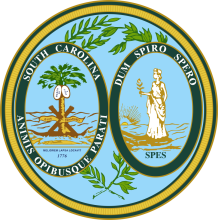ARPA Grant Supercharges New Hampshire Electric Cooperative’s Broadband Plans
After receiving $50 million in new federal funding, the New Hampshire Electric Cooperative (NHEC) has begun a major expansion of its fiber network across large swaths of the state, providing many long-frustrated rural residents access to ultra-fast, affordable broadband for the first time ever.
NHEC currently provides electricity to 88,000 largely rural homes and businesses across 118 New Hampshire communities. In October of last year, NHEC received a $50 million grant from the New Hampshire Business and Economic Affairs Department, made possible by the American Rescue Plan Act (ARPA).
“NHEC is a member-owned, nonprofit electric cooperative and our business is providing essential services to rural New Hampshire,” NHEC President/CEO Alyssa Clemsen Roberts said after the grant infusion. “We welcome the opportunity to provide much-needed high-speed internet to the same areas that NHEC first electrified more than 80 years ago. Grant funding is helpful to our plans to reach all underserved members, and we are grateful for the trust placed in us by the BEA to get the job done.”
That money is being used to shore up NHEC’s growing expansion into broadband access via NHEC's wholly owned subsidiary, NH Broadband. NH Broadband began planning its expansion into broadband in 2019, buoyed by another $6.7 million grant made possible by the CARES Act and the Connecting New Hampshire Emergency Broadband Program.

NHEC spokesman Seth Wheeler told ILSR that the initial CARES Act grant helped the company deliver affordable fiber access to 1,500 NHEC subscribers in six towns. The new $50 million grant will supercharge a cooperative effort by NH Broadband to expand that broadband access to 15,000 current NHEC electricity customers.



